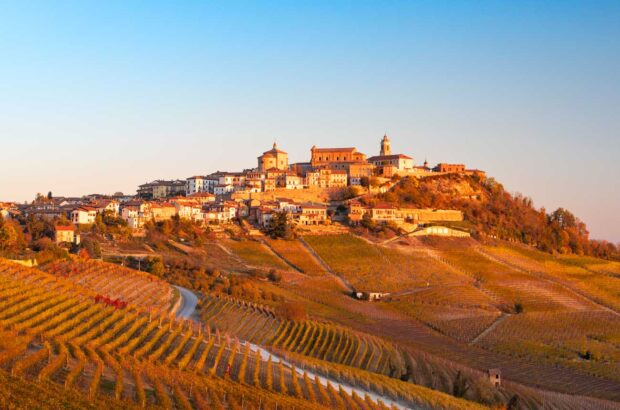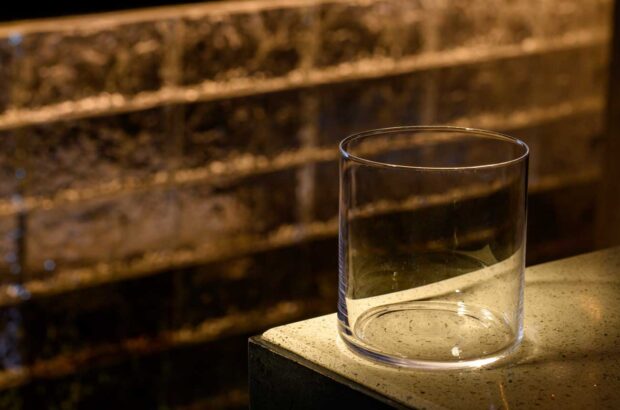Maxim Chmora, head of the main department of federal customs revenue & tariff regulation of the Federal Customs Service of Russia, warned that a 200% protective duty could be applied to wine imports from NATO states.
Moscow is also planning to slap a 50% tariff on wines from other so-called ‘unfriendly’ states, according to Chmora.
‘We understand that this duty will basically be like a ban,’ he said. ‘Paying the duty and then carrying on with business, from an economic point of view, is possible only for very high-margin products.’
European wines currently dominate the Russian market, but they will effectively be prohibited if Russia follows through on its threat.
The move would be in response to a range of sanctions imposed upon Russia in the wake of its full-scale invasion of Ukraine in February 2022.
Western nations have frozen Russia’s foreign currency reserves, and some Russian banks have been excluded from the Swift payment system.
Oligarchs have been sanctioned, yachts have been seized, and a slew of western companies have left Russia, from Coca-Cola to Heineken.
EU countries have also stopped exporting various goods to Russia, while imports of gold, diamonds and other products from Russia have been banned.
Moscow is now planning to retaliate by imposing high duties on wine imports from European nations.
DWWA results out 19 June!
Be the first to know: Subscribe to the DWWA newsletter
The proposed tariffs are also designed to give domestic wine producers a timely boost. While the majority of Russia is unsuitable from grape growing, some regions including Krasnodar and Rostov produce wine.
In total, Russia now has 85,000ha under vine. Rkatsiteli is the most widely planted grape, but Cabernet Sauvignon, Merlot, Riesling and various other international varieties are grown.
Dmitry Kiselev, chairman of the Board of the Association of Winegrowers and Winemakers of Russia (AWWR), claims that ‘excessive imports’ are putting a strain on the domestic winemaking sector.
The AWWR has already successfully campaigned for duties on wine imports from ‘unfriendly countries’ to be increased from 12.5% to 20%. However, Kiselev wants duties to be raised far higher in order to prevent oversupply in the domestic market.
If European wines are effectively banned from the Russian market, it could potentially represent a boon for producers in Argentina, Chile, South Africa and Armenia. Those countries have all been steadily growing their exports to Russia in recent years, and that trend could accelerate.
Russian winemakers have also requested additional support from the government. One proposal would require 20% of the wines stocked in Russian supermarkets to be locally produced, while half of the bottles listed at bars and restaurants would need to be domestic wines.







